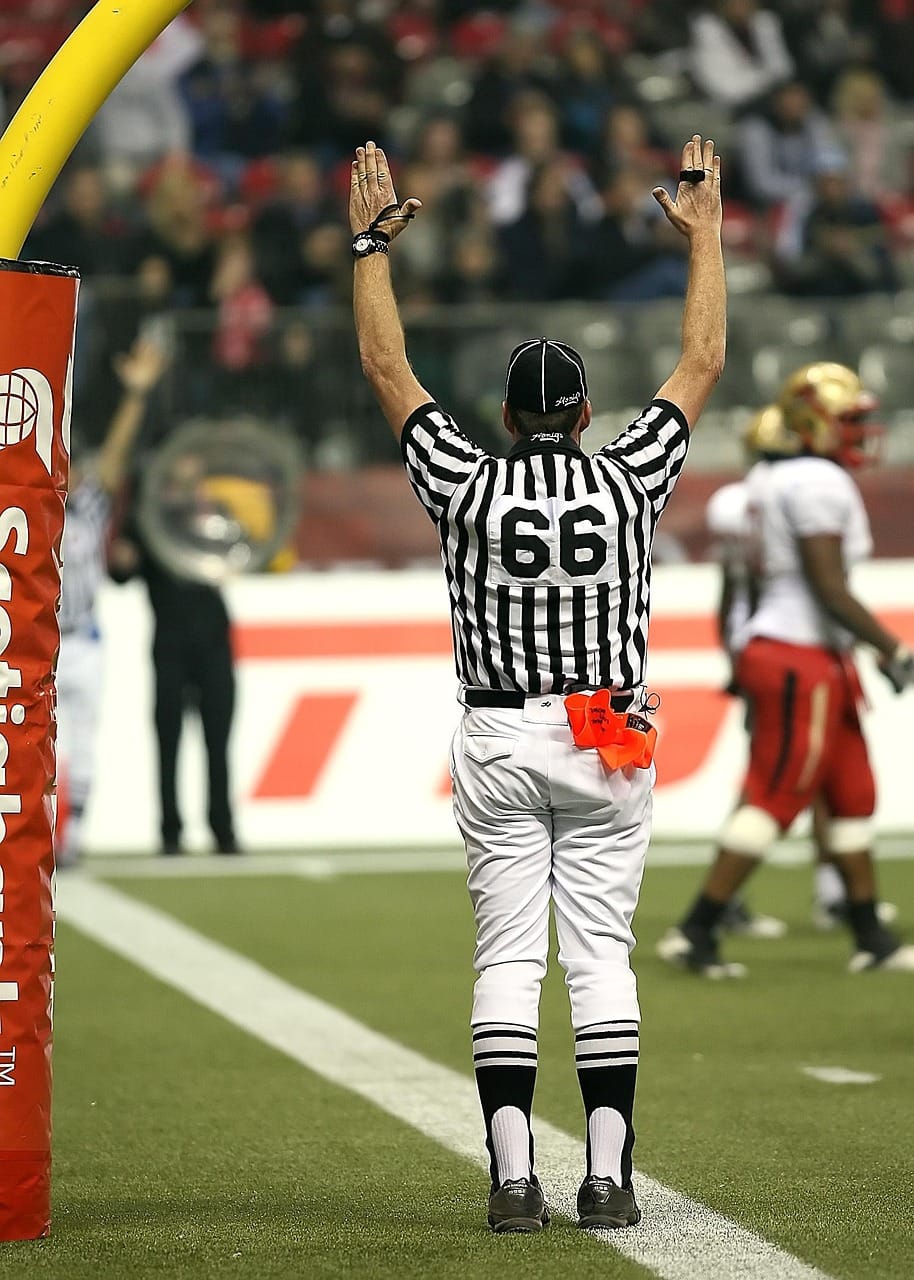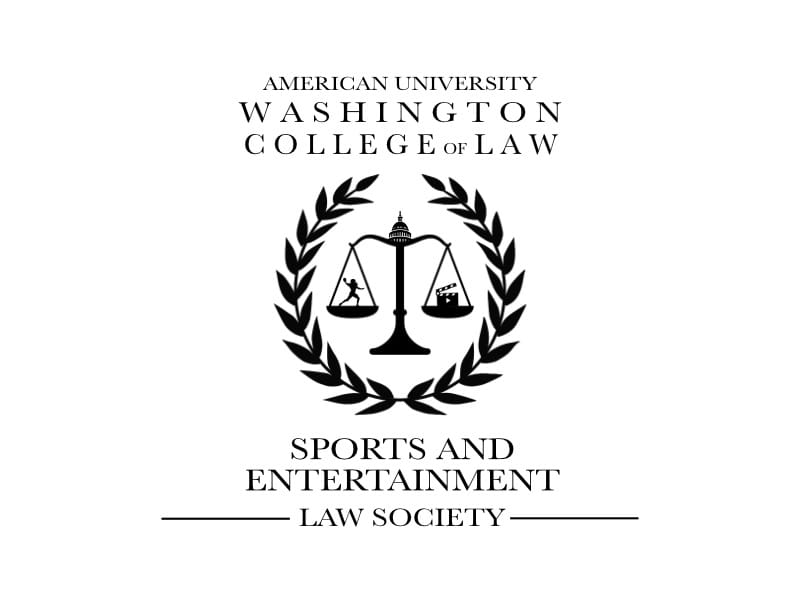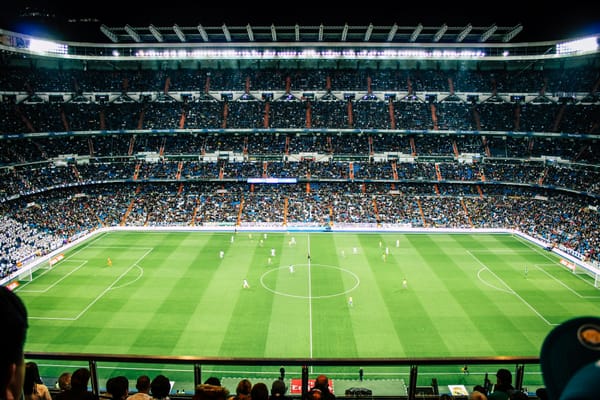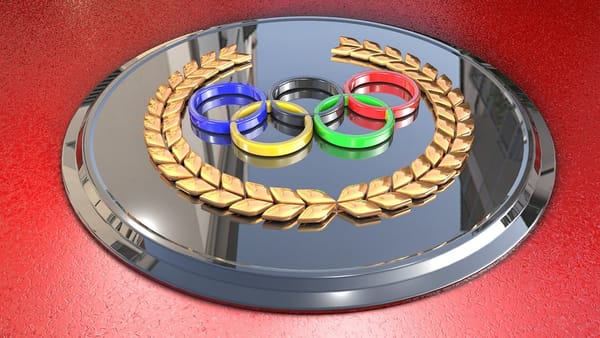How the NFL Justifies Punishing Players and Coaches Who Speak Out Against Officials
The NFL fines players and coaches who speak out against officials in the media. Many fans do not understand why. Could the reason be to prevent lawsuits?

After every major sporting event, there are always two constant voices speaking up: the winning team celebrating their win and the people complaining about the officiating of that event. Fans of the losing team are almost expected to criticize the officials. Still when players criticize them, it is considered rare. Why do players with the most to lose seem hesitant to be critical of the officials?
The primary issue is that the National Football League punishes players who speak out against officials. When the Kansas City Chiefs lost to the Buffalo Bills, head coach Andy Reid and quarterback Patrick Mahomes criticized the officials, saying that the officiating cost them the game. Reid was fined $100,000, while Mahomes was fined $50,000. Similarly the NFL player Myles Garrett was fined $25,000for being for being equally critical of the officials.
Why does the League punish players and coaches who speak out against officials? One of the reasons could be to protect themselves from lawsuits. Fans of sports teams are very passionate about the game, so when the team loses, fans feel personally hurt.
Additionally, as of 2023, sports betting has become a billion-dollar industry, so the fan’s money holds an extreme bargain. Fans and gamblers tend to be upset when a team loses due to an officiating reason. Emotions intensify when players and coaches voice the same concerns. Fans and gamblers may feel that the sport is rigged. This causes the League to think that encouraging this behavior can ruin the integrity of the game, such that the opening line from the 2022 player handbook for the NFL is:
It is a privilege to be part of the National Football League. Everyone in the League must refrain from “conduct detrimental to the integrity of and public confidence in” the NFL. This includes owners, coaches, players, other team employees, game officials, and employees of the league office, NFL Films, NFL Network, or any other NFL business. Furthermore, a player or coach criticizing an official confirms that the fans feel the call was bad. This can encourage fans to react more strongly.
The NFL could be trying to avoid lawsuits over the so-called "bad call." When people lose money or their favorite team loses an important game, they sometimes file lawsuits because of the call. The lawsuits are almost always dismissed, unless it is blatant that a game was clearly " fixed.” For example, the Tim Donaghy Scandal involved a referee who bet on games he officiated and was convicted for doing so. Donaghy was sentenced to 15 months in prison after the FBI found that he was betting on the games he was officiating and using his position to ensure his bets won.
But even if the lawsuit is dismissed, the legal fees to fight them are high, and the League doesn’t want to encourage these types of Lawsuits. One notable example is the Saints No Call Lawsuit, where a group of New Orleans Saints fans sued the NFL over a missed officiating call that they felt cost them the game. This lawsuit was titled “Badeaux v. Goodell”. The aim of the suit was to force the NFL to replay that game, however, the case was eventually dismissed when it reached the Supreme Court of Louisiana. In another instance, the Mel Gray phantom catch saw a season ticket holder sue the League over a referee ruling that a crucial catch was made that many players and fans felt was not a catch. He agreed with the fans and players that it was not actually a catch. The lawsuit (Morse v. National Football League) was eventually dismissed but it was filed to prevent the NFL from making the playoff schedule until this call was fixed. These types of lawsuits occur in all levels of sports. There was a lawsuit at the high school level over a controversial decision in a high school football game in Illinois. This lawsuit (Manasquan Board of Education v. New Jersey State Interscholastic Athletic Association (NJSIAA)) was also dismissed. The suit was about a point scored that the officials ruled was after time had expired. Despite videos showing it was before the time ran out the referees did not allow the points. This call prevented the high school team from going to the playoffs. Lawsuits over referee decisions happen constantly, and when players or coaches add to the uproar, it may encourage these extreme legal actions.
These lawsuits cost time and money that professional sports leagues want to avoid. So, to not encourage them, they fine the players and coaches who speak out. Many feel they are punishing the wrong people, but the organizations see these fines as ways to prevent fans from feeling vindicated. Also, the more publicity a bad call gets, the more people think a sport could be rigged, which leads to declining viewership. At the end of the day, any sports league is a business, and anything a player or coach does that could harm the bottom line is something the league will address and attempt to prevent. While preventing lawsuits may not be the major driving factor, it is definitely something the league considers.




